The headlines paint a picture of recovery, but a closer look at Britain’s economy reveals a system teetering on the edge of collapse.
1. The Lingering Scars of Austerity

Years of austerity have left public services struggling, with local councils across England bracing for a combined budget gap of £3 billion by 2025, as reported by the Local Government Association. The impacts of underfunding are still being felt.
2. Housing Prices Beyond Reach

Despite promises of addressing the housing crisis, prices continue to rise, especially in London, where the average home now costs over £540,000. The National Housing Federation states that nearly 8 million people in England face housing insecurity.
3. Energy Costs Send Families to the Brink

Energy poverty is a growing crisis, with Citizens Advice estimating that over 6.5 million UK households will be in fuel poverty by the close of 2024. Despite attempts at relief, many are forced to cut back on essentials to stay warm.
4. The Illusion of Tech Growth

While London’s tech sector flourishes with a growth rate of 7.6% in 2023, the wider economy remains sluggish. Manufacturing, among other sectors, continues to struggle, revealing an uneven recovery, as detailed by Tech Nation.
5. Inflation Continues to Bite
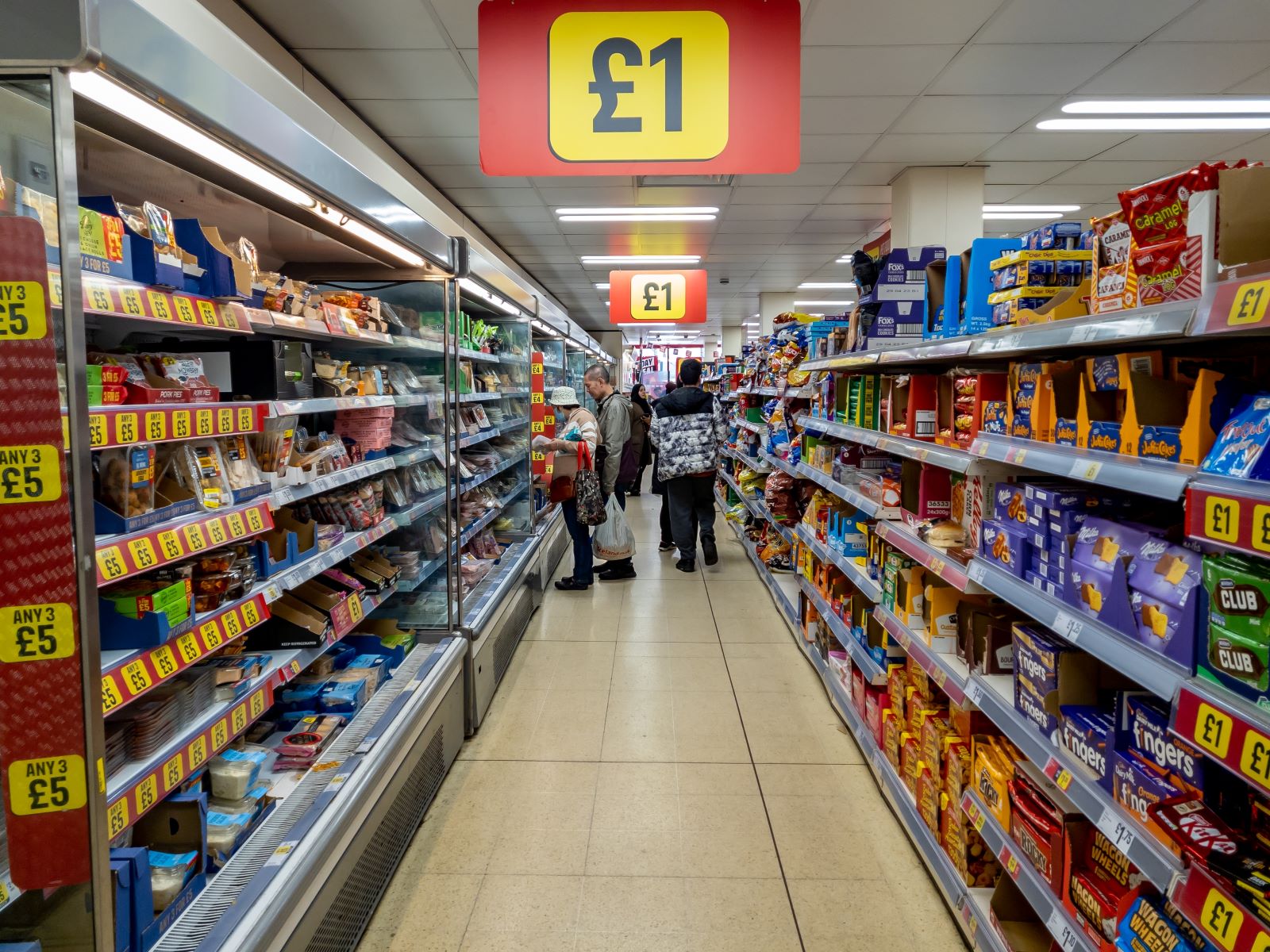
Despite efforts to rein it in, inflation remains stubborn at 6.3% as of August 2024, according to the Bank of England. Food prices have surged by 18%, making life increasingly unaffordable for many households.
6. Retail Decline Hits High Streets
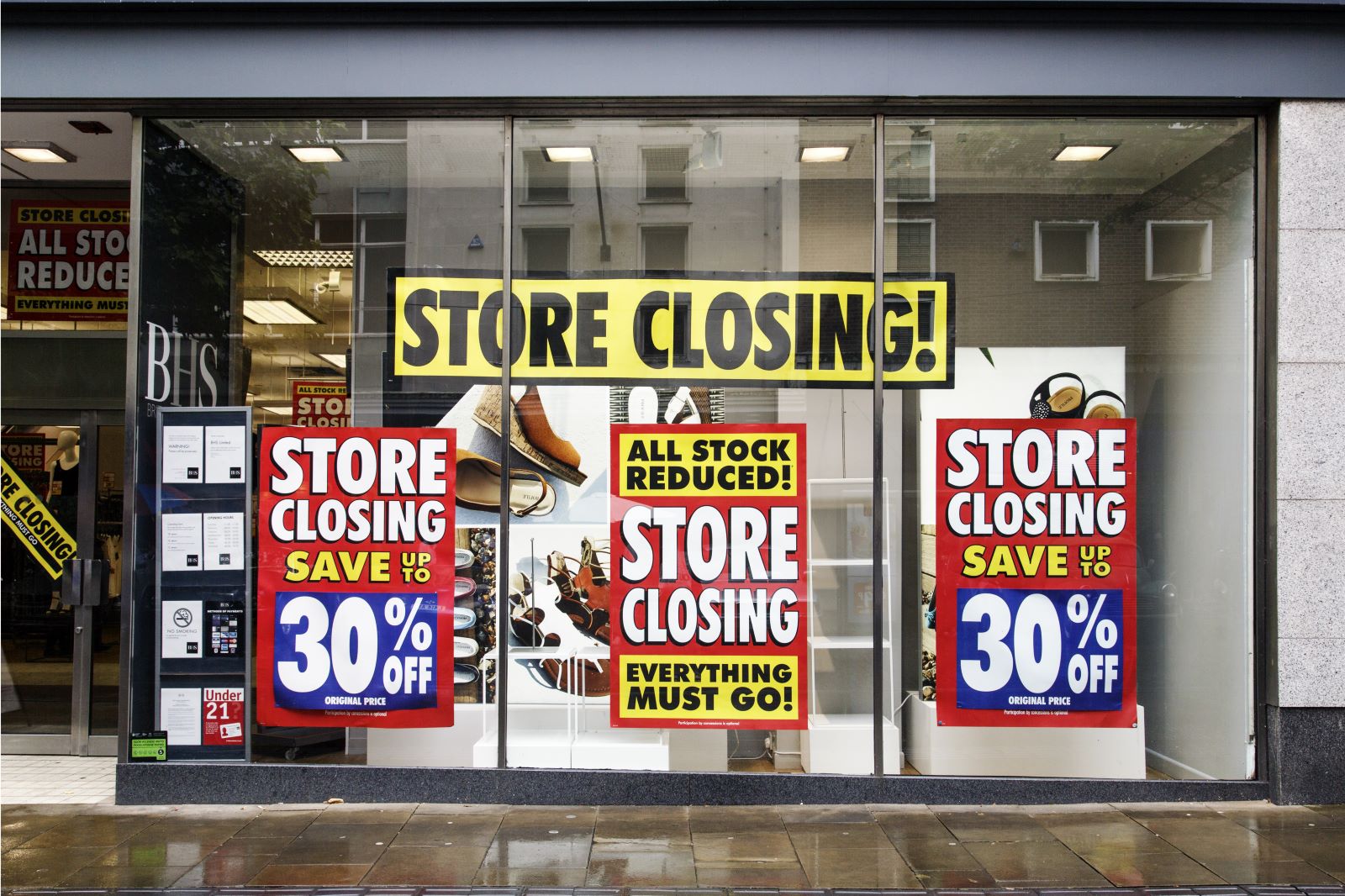
The British high street continues its decline, with 17,000 shops closing in 2023 alone. The British Retail Consortium warns that higher costs and cautious consumers will likely lead to even more closures in 2024.
7. Stagnant Wages Drag Workers Down
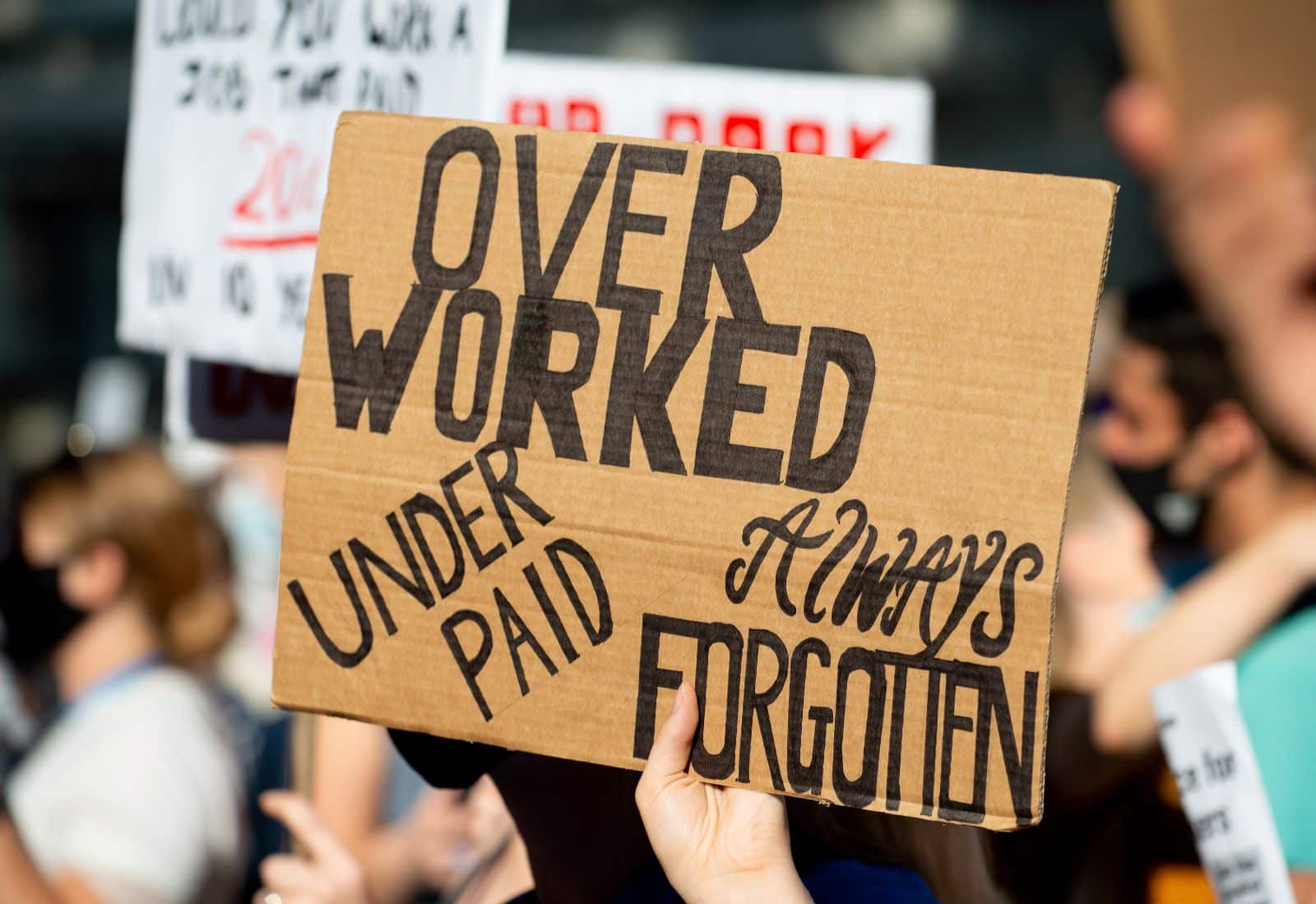
Real wages in the UK remain below pre-2008 levels, with inflation outpacing wage growth. The Office for National Statistics reported that adjusted regular pay fell by 1.3% in early 2024, putting further pressure on workers.
8. Food Bank Dependency Skyrockets
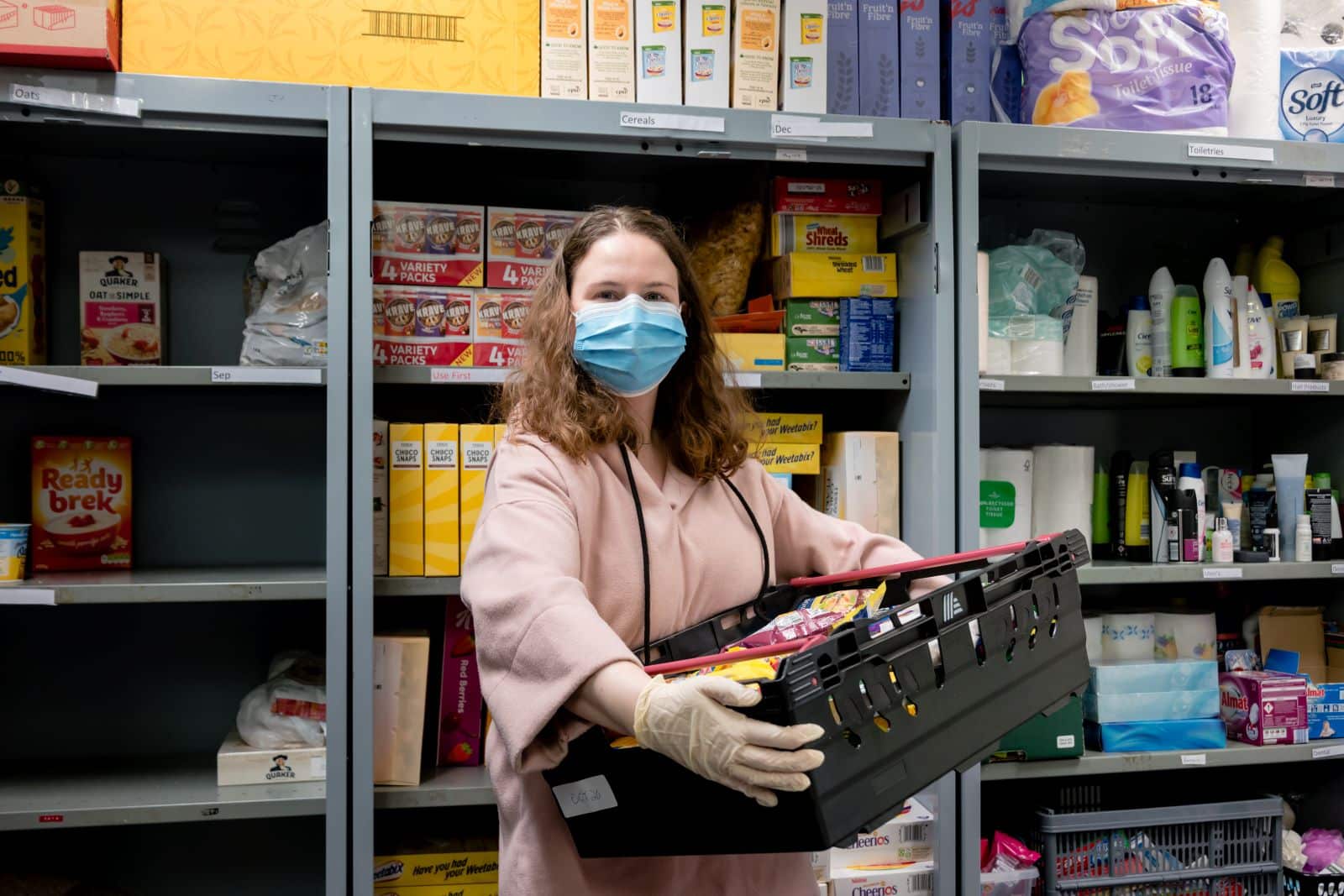
The use of food banks is at a record high, with the Trussell Trust reporting nearly 3 million emergency food parcels distributed between April 2023 and March 2024. The ongoing cost-of-living crisis continues to push more families into reliance on charity.
9. Public Transport Pricing Out Commuters

Public transport has become increasingly unaffordable, with train fares rising by 5.9% in January 2024. The Campaign for Better Transport highlights how these rising costs are forcing people to choose between expensive commutes or returning to car usage.
10. NHS Under Immense Pressure
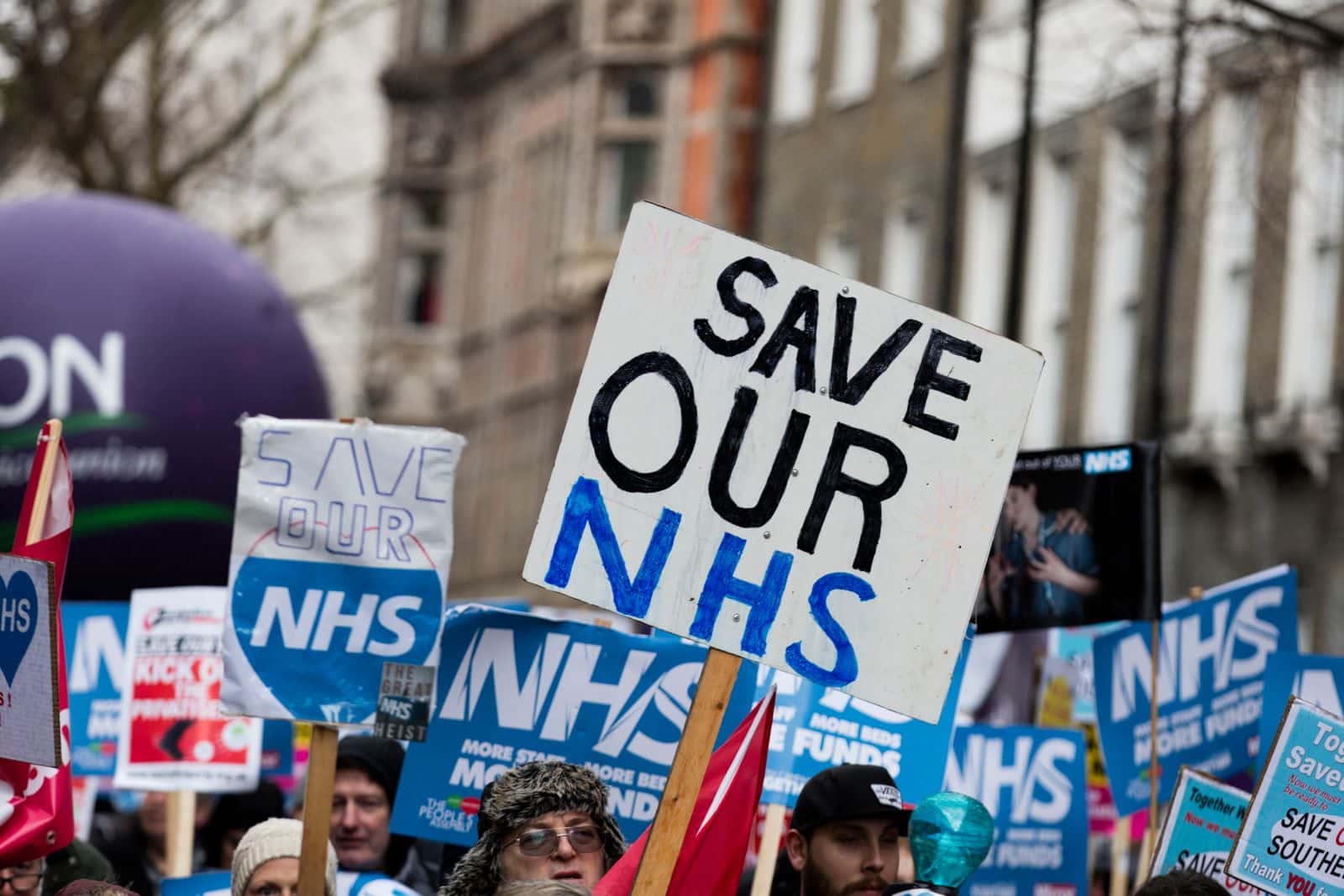
The NHS faces unprecedented strain, with more than 7 million people waiting for treatment and a shortage of 45,000 nurses, according to The King’s Fund. The government’s failure to address these staffing shortages is crippling the service.
11. Regional Disparities Grow Wider

The economic divide between the North and South continues to deepen, with areas like Bradford and Sunderland experiencing far higher levels of poverty than those in the South East. The Joseph Rowntree Foundation’s 2024 report highlights the entrenched regional inequalities.
12. Childcare Costs Punish Parents

British parents pay among the highest childcare costs globally, with the average family spending 30% of their income on it. This compares unfavourably to countries like Germany and France, where families pay significantly less, according to the OECD.
13. Business Investment Falters

UK businesses are holding back on investment due to rising costs and political uncertainty. The Confederation of British Industry (CBI) reported a 2.5% decline in business investment in the second quarter of 2024, reflecting broader concerns about the economy.
14. Shrinking Manufacturing Sector

While sectors like tech are booming, manufacturing continues to decline, exposing the uneven nature of the UK’s recovery. The Manufacturing Technology Centre reported a continued drop in output in 2023 and early 2024.
15. Young Workers Bear the Brunt

Pukka TV
Youth unemployment is creeping up, with 10.8% of 16-24-year-olds out of work in mid-2024, according to ONS data. The Resolution Foundation warns that young people are disproportionately impacted by economic uncertainty.
16. Transport Failures Beyond London

Rail services outside of London remain unreliable and underfunded, with Northern Rail seeing a 60% rise in delays in 2023. Cities like Manchester and Leeds continue to suffer from subpar infrastructure, despite promises of investment.
17. Public Debt at Record Levels

UK public debt has surpassed £2.6 trillion, reaching 101% of GDP. The Institute for Fiscal Studies warns that this soaring debt could lead to inevitable tax increases or further cuts to public services.
18. Impact of Brexit Still Unresolved

The economic fallout from Brexit continues, with trade volumes remaining below pre-2020 levels. The Office for Budget Responsibility (OBR) forecasts that Brexit will leave the UK economy 4% smaller in the long term, stunting future growth.
19. Interest Rates Squeeze Borrowers
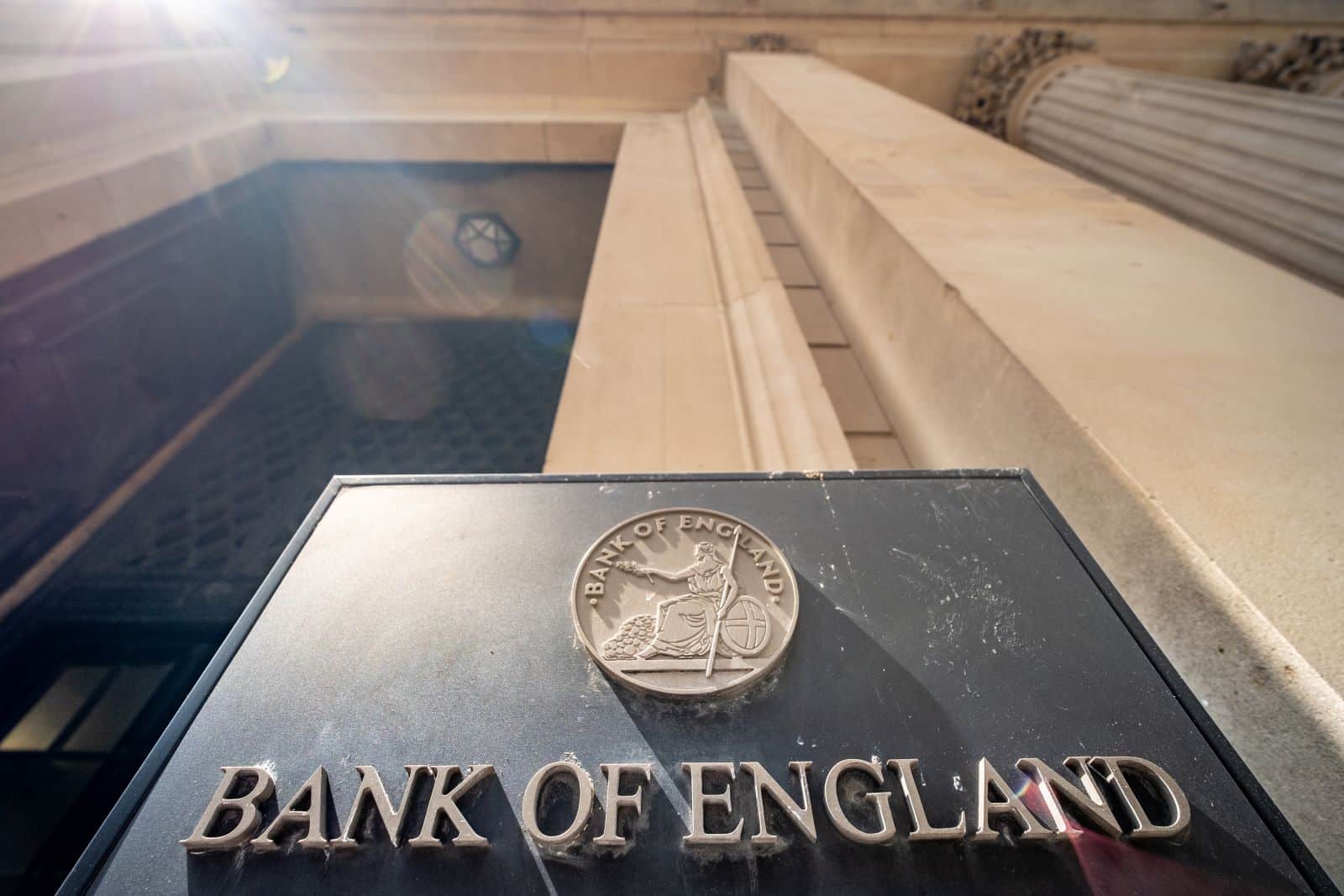
With the Bank of England’s base rate now sitting at 5%, homeowners are feeling the heat. The Financial Conduct Authority (FCA) predicts that over 750,000 households could fall behind on mortgage payments by the end of 2024.
20. Education Cuts Jeopardise the Future

Budget cuts across the education sector are threatening the quality of schooling, with the National Education Union (NEU) reporting that over half of schools had to cut staff in 2023. This is likely to have long-term effects on the next generation’s education.
The Inevitable Collapse or Can We Fix It?

How much longer can these economic cracks be ignored before they become chasms? Is there any plan in sight that will address these pressing issues, or are we simply waiting for the inevitable collapse? Only time will tell.
Featured Image Credit: Shutterstock / katjen.
For transparency, this content was partly developed with AI assistance and carefully curated by an experienced editor to be informative and ensure accuracy.
The images used are for illustrative purposes only and may not represent the actual people or places mentioned in the article.

